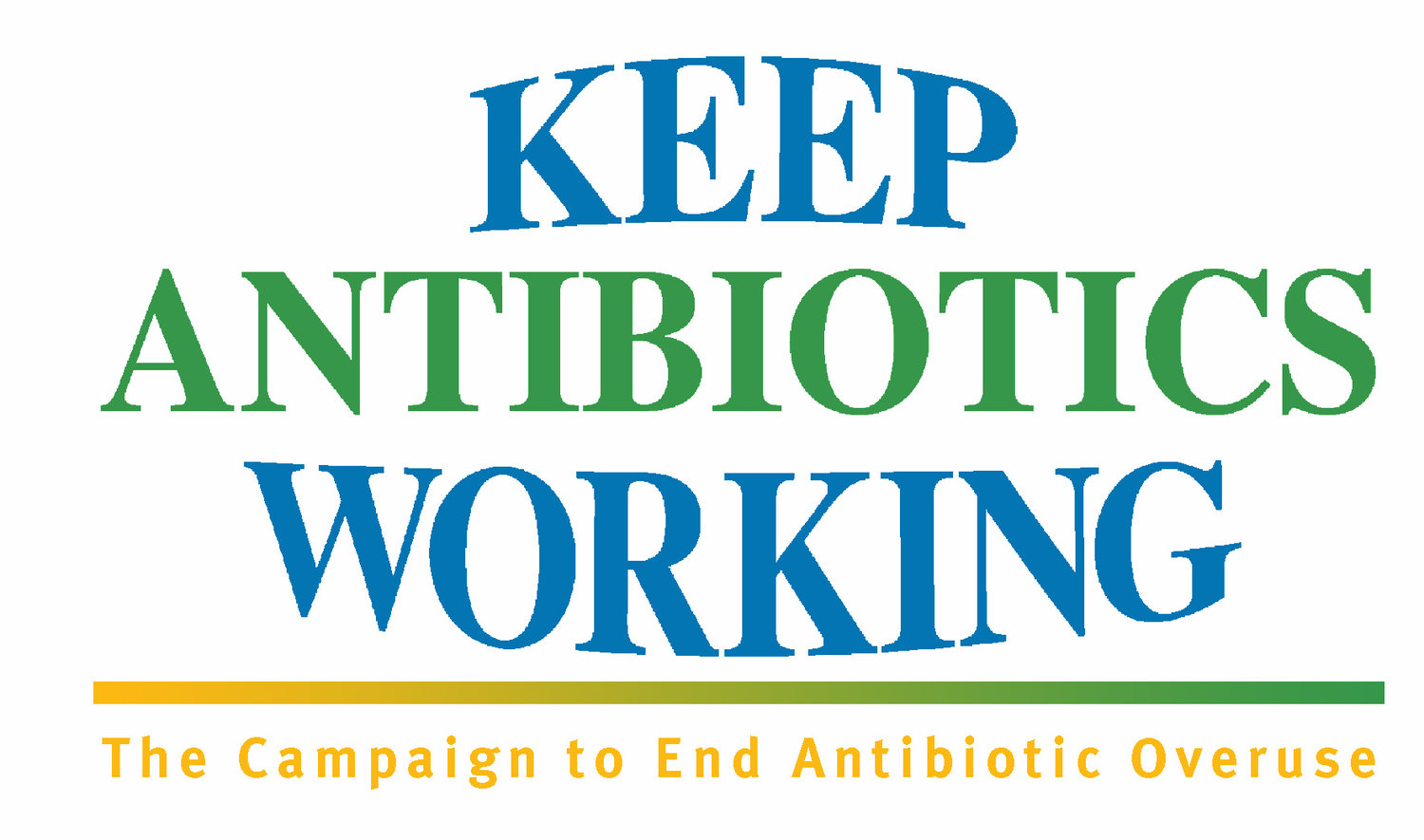CAMERON HARSH, SENIOR MANAGER FOR ORGANIC & ANIMAL POLICY AT CENTER FOR FOOD SAFETY
In a meeting focused on antibiotic stewardship, advisors emphasized correcting veterinarian behavior, which lets the food animal industry off the hook.
It may not have the catchiest name, but since 2015, the Presidential Advisory Council on Combatting Antibiotic Resistant Bacteria (PACCARB) has been tasked with a critical public health objective: identifying strategies for federal agencies to stop the global spread of antibiotic resistance and preserve the effectiveness of medical treatments. With an estimated 23,000 U.S. deaths each year from infections caused by antibiotic-resistant bacteria, the council has the potential to be a powerful tool in protecting the public.

